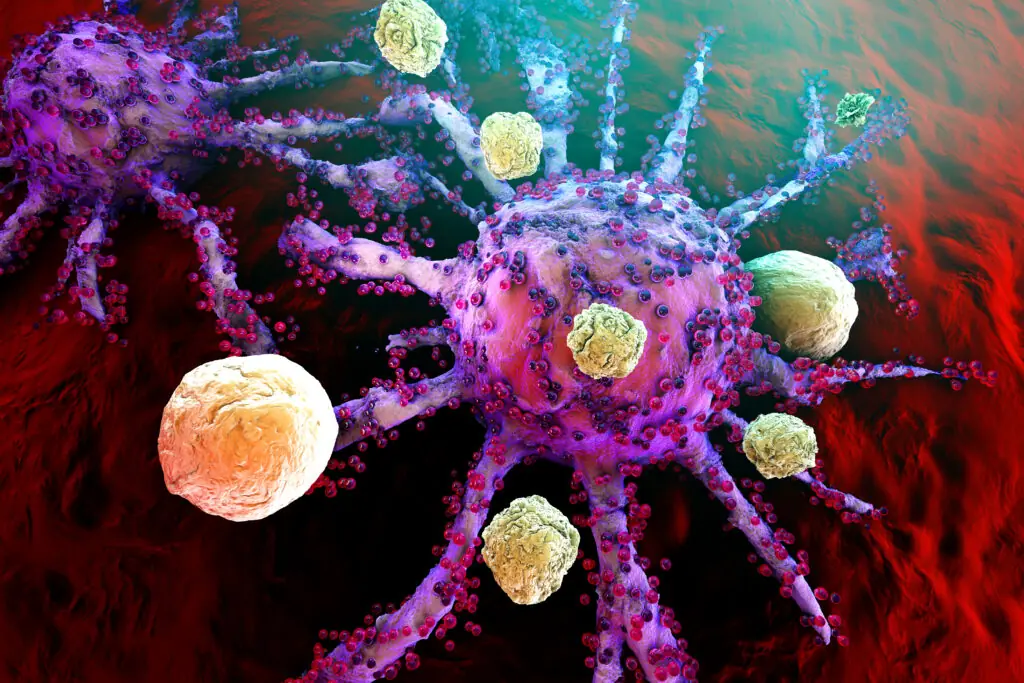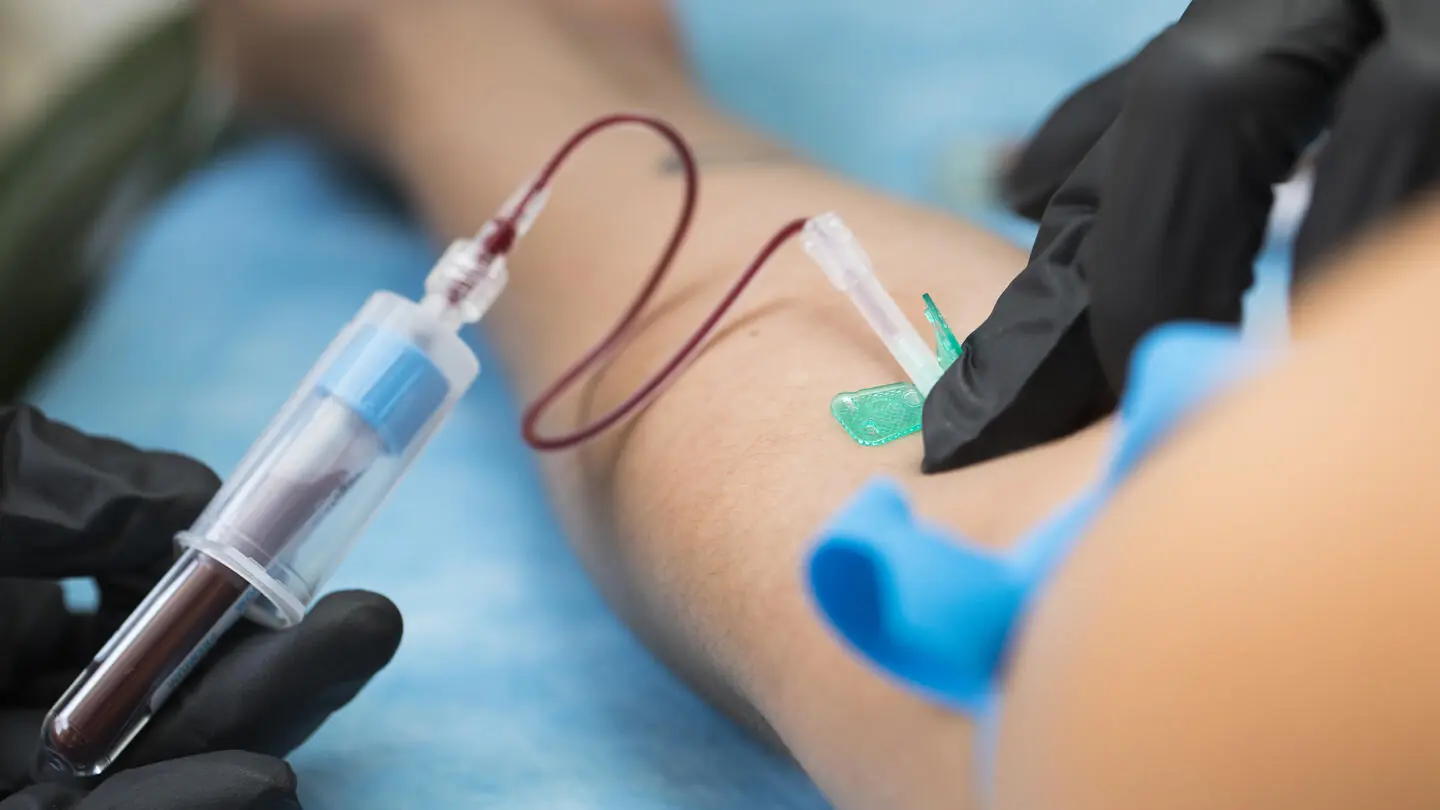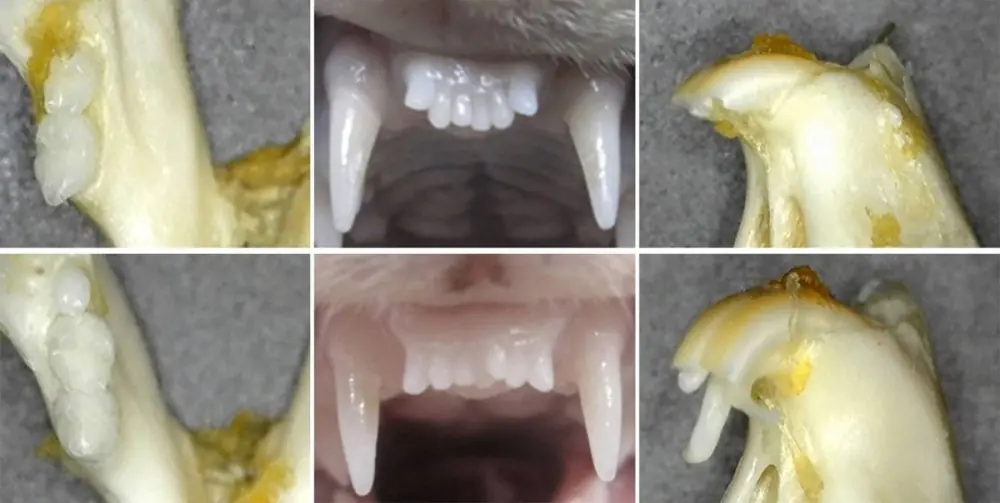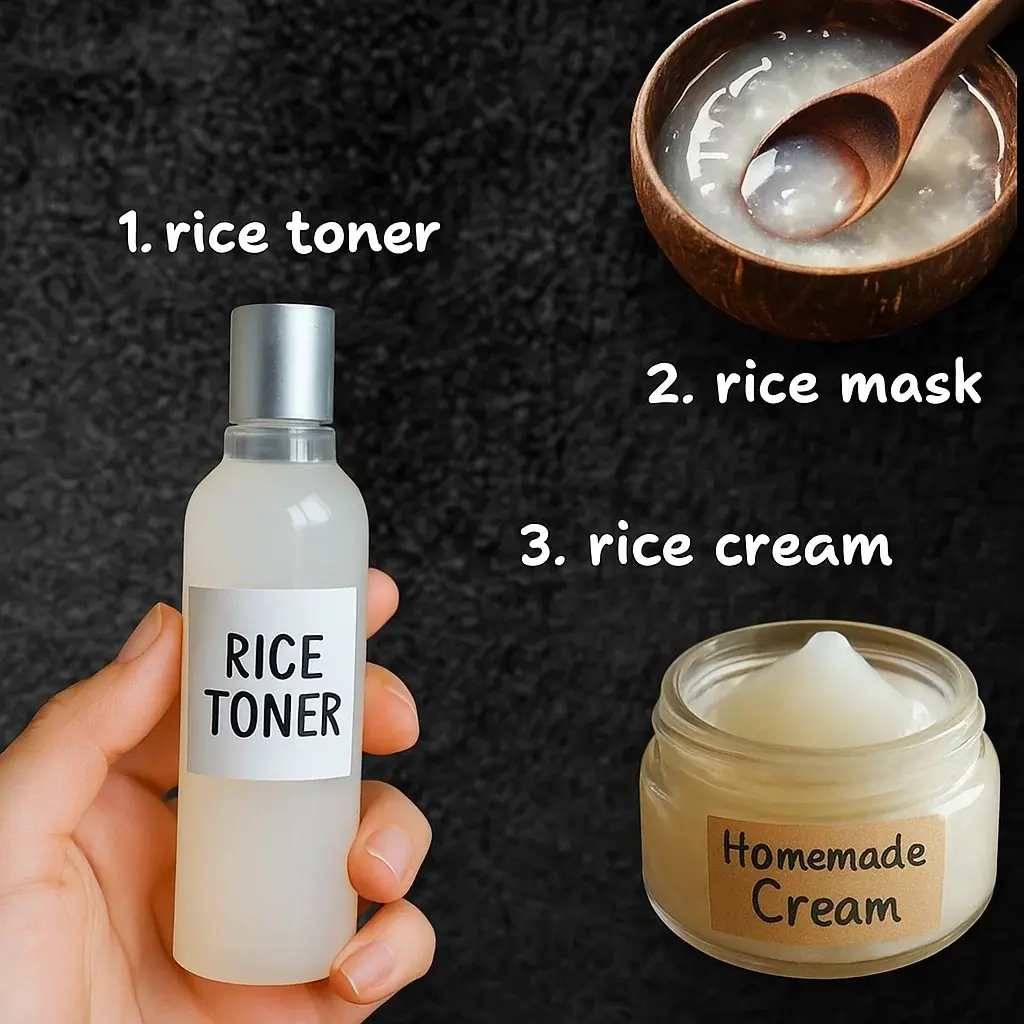
Study finds three glasses of this common drink a day could prevent dementia
Future dementia could be avoided with just three cups of a common hot beverage.
Intimacy is an essential part of human connection, and many of us experience periods when our intimacy is limited or absent. These "dry spells" can range from a few weeks to even months or years, and while they may seem like a temporary issue, they can have long-term effects on both our physical and emotional health. Whether due to personal circumstances, stress, or global events such as the COVID-19 pandemic, the absence of intimacy can trigger a series of unexpected changes in the body.
Recent studies have shown that intimacy plays a critical role in maintaining our overall well-being, and a lack of it can lead to a range of physical, emotional, and psychological consequences. In this article, we explore what happens to your body when you don't experience intimacy for a while, focusing on the surprising side effects and the importance of staying connected with your partner or yourself.
One of the most immediate consequences of a lack of intimacy is heightened stress. Intimacy, whether shared with a partner or through self-pleasure, has been shown to reduce stress levels by releasing endorphins and other mood-boosting hormones. These “feel-good” chemicals help improve mood and relax the body.
Dr. Debra W. Soh, a neuroscientist, explained in an interview with Men’s Health, "During orgasm, endorphins are released that can help to improve your mood. So, if you tend to use intimacy as a way of coping with stress, a dry spell can be doubly frustrating." Without this natural coping mechanism, individuals may find themselves feeling more stressed, anxious, or irritable as they lack a healthy way to manage these emotions.
We know that stress and poor sleep are interconnected. A lack of intimacy can disrupt sleep patterns, as the calming effects of hormones released during intimacy, such as oxytocin and prolactin, are absent. These hormones are known to promote relaxation and help prepare the body for restful sleep.
Dr. Phil Stieg, M.D., Ph.D., neurosurgeon-in-chief at NewYork-Presbyterian Weill Cornell Medical Center, highlighted this connection, stating that “oxytocin has a very calming effect, and as anyone who has ever tried to fall asleep while stressed out knows, being calm is the best way to prepare for sleep." Without the soothing effects of intimacy, many individuals may find themselves tossing and turning, struggling to unwind and fall asleep.
A lack of intimacy can also lead to higher blood pressure. Regular intimacy has been shown to have a positive effect on cardiovascular health by reducing stress and promoting relaxation. A 2006 study published in Biological Psychology found that individuals who engaged in regular intimacy experienced lower blood pressure levels compared to those who abstained. The researchers concluded that intimacy plays a significant role in improving the body’s physiological response to stress, which in turn helps maintain lower blood pressure.
When intimacy is absent, however, the body may struggle to cope with stress, leading to an increase in blood pressure. This can contribute to long-term health problems such as hypertension, which can strain the heart and lead to other cardiovascular issues.
Interestingly, research has found a correlation between intimacy frequency and heart health. A 2010 study published in the American Journal of Cardiology found that men who engaged in intimacy at least twice a week had a significantly lower risk of heart disease. While the researchers emphasized that the results were correlational, they noted that intimacy could help improve overall health by reducing stress and promoting emotional well-being.
Maintaining a regular intimate life, especially in the context of a supportive and caring relationship, can help reduce the risk of cardiovascular disease by keeping stress levels in check and promoting a sense of emotional fulfillment. Without this connection, individuals may miss out on these protective benefits.
Research into the effects of intimacy on cognitive function has yielded some interesting findings. While much of the existing research is based on animal studies, the results suggest that intimacy could have a positive impact on memory and brain function. A 2013 study published in Hippocampus found that s:exual activity in rats improved cognitive function and the health of the hippocampus, a part of the brain responsible for memory and learning.
Although this research has yet to be definitively replicated in humans, there is evidence to suggest that a lack of intimacy, combined with chronic stress, can have detrimental effects on memory and cognitive function. The hippocampus is highly sensitive to stress, and prolonged periods without intimacy may exacerbate the cognitive impairments associated with chronic stress.
Another consequence of a prolonged dry spell is the potential loss of intimacy-related skills. Similar to the saying "if you don’t use it, you lose it," studies suggest that individuals who go without intimacy for an extended period may experience difficulties when they eventually engage in it again. For men, this may manifest as e:rectile d:ysfunction or difficulty achieving a:rousal.
A 2008 study in the American Journal of Medicine found that men in their 50s, 60s, and 70s who were not s:exually active were more likely to experience e:rectile d:ysfunction. This can be attributed to both physical and psychological factors, as the body may not respond as effectively to intimacy after prolonged abstinence. Fortunately, regular physical activity and even self-pleasure can help alleviate some of these effects.
While it may seem surprising, the absence of intimacy may be linked to an increased risk of Pr:ostate cancer. Research suggests that men who have higher e:jaculation frequencies are at a lower risk of developing Pr:ostate cancer. A study published in JAMA found that men who e:jaculated frequently-at least 4.6 times a week-had a reduced risk of Pr:ostate cancer.
e:jaculation helps clear out the Pr:ostate and may reduce the risk of developing cancerous cells in the area. For men who experience a prolonged dry spell, the lack of regular intimacy may lead to an increased risk of Pr:ostate-related health issues.
Intimacy can also have a positive impact on the immune system. Studies have shown that individuals who engage in intimacy regularly have higher levels of immunoglobulin A (IgA), an antibody that helps protect the body against illnesses such as the common cold. In one study, participants who had i:ntimacy once or twice a week had significantly higher concentrations of IgA in their saliva compared to those who had less intimacy.
The absence of intimacy can weaken the immune system, making individuals more susceptible to infections. Without the regular release of immune-boosting hormones during intimacy, the body may struggle to fight off common illnesses.
The effects of a dry spell can extend beyond physical health and affect one's work life as well. A study from Oregon State University found that couples who had an active intimacy life were more satisfied with their jobs. The study suggested that maintaining a healthy relationship, including a fulfilling intimate connection, contributes to a more positive outlook on life and work.
When intimacy is lacking, individuals may feel more stressed, fatigued, and disengaged, leading to decreased productivity and job satisfaction. Maintaining a balance in all areas of life, including intimacy, can help improve overall happiness and work performance.
Conclusion
A dry spell in intimacy can have far-reaching consequences on both physical and emotional health. From increased stress and poor sleep to a weakened immune system and reduced cognitive function, the absence of intimacy can take a toll on the body. It is important to recognize the impact of this absence and take proactive steps to reconnect with your partner or prioritize self-care.
While everyone's situation is unique, staying connected through intimacy is an essential part of maintaining overall well-being. Whether through a fulfilling relationship or through self-intimacy, the benefits of regular intimacy are undeniable. If you find yourself in a prolonged dry spell, it may be worthwhile to explore ways to reignite your connection and prioritize intimacy in your life for the sake of your health and happiness.

Future dementia could be avoided with just three cups of a common hot beverage.

Millions of Americans drink coffee every day for a variety of reasons, including its ability to relieve weariness and its flavor.

KAIST researchers have developed a novel retinal therapy to restore vision by regenerating retinal nerves. This groundbreaking treatment offers hope for patients with degenerative retinal diseases.

Removing fluoride from drinking water has led to a significant increase in tooth decay in both cities, resulting in higher treatment costs and poorer overall dental health.

New research from Johns Hopkins shows how larger-than-usual particles, 400 nanometers in size, could enhance c@ncer treatment delivery by targeting immune cells more effectively. Learn about this promising development in cancer immunotherapy.

New research by Johns Hopkins University reveals that cancer can be detected in the bloodstream up to three years before clinical diagnosis. Learn about the breakthrough in early cancer detection and its potential for better patient outcomes.


Japanese researchers have developed a groundbreaking drug aimed at regrowing teeth. Learn about this promising new treatment, its potential to replace dentures, and its future for restoring natural teeth.







y incorporating these drinks into your daily routine, you can boost your metabolism, enhance digestion, and curb cravings, all while keeping your body hydrated and energized.



Discover what different urine colors mean for your health. From yellow to red, understand the possible causes of urine discoloration and when to seek medical advice for early health issues.


Discover the 7 key symptoms of thyroid issues, from fatigue to changes in skin and hair. Learn how early detection can help you manage thyroid dysfunction and live a healthy life.

Discover how a simple lunch invitation helped a man in need overcome homelessness, find purpose, and land a job. A heartwarming reminder that kindness and support can make all the difference.

Discover the heartwarming story of Landon’s first flight, where a kind stranger went above and beyond to make him feel comfortable. A touching reminder of how simple acts of kindness can make a big difference.

Witness a hilarious airport scene unfold as a pilot walks off a plane with a Seeing Eye dog, causing passenger pandemonium and proving that things aren't always as they appear.

Frontier Airlines made 5-year-old Xavier’s missed kindergarten graduation unforgettable by hosting a special in-flight ceremony. Discover how the flight attendants turned an ordinary flight into a heartwarming celebration.

A heart-wrenching story of betrayal, dog theft, and a brilliant act of revenge that will have you on the edge of your seat. Can a man get back what was st0len from him?

Catherine had her whole life ahead of her, but the prom seemed like the most important thing. Despite struggling financially, her mother and grandmother had saved some money for the dress of her dreams.

Future dementia could be avoided with just three cups of a common hot beverage.

Millions of Americans drink coffee every day for a variety of reasons, including its ability to relieve weariness and its flavor.

KAIST researchers have developed a novel retinal therapy to restore vision by regenerating retinal nerves. This groundbreaking treatment offers hope for patients with degenerative retinal diseases.

Removing fluoride from drinking water has led to a significant increase in tooth decay in both cities, resulting in higher treatment costs and poorer overall dental health.

New research from Johns Hopkins shows how larger-than-usual particles, 400 nanometers in size, could enhance c@ncer treatment delivery by targeting immune cells more effectively. Learn about this promising development in cancer immunotherapy.

New research by Johns Hopkins University reveals that cancer can be detected in the bloodstream up to three years before clinical diagnosis. Learn about the breakthrough in early cancer detection and its potential for better patient outcomes.

The 3-Step Korean Rice Skincare Routine is a simple yet effective way to restore your skin’s natural glow, reduce the appearance of wrinkles, and improve overall texture.


Japanese researchers have developed a groundbreaking drug aimed at regrowing teeth. Learn about this promising new treatment, its potential to replace dentures, and its future for restoring natural teeth.


This simple yet effective DIY recipe will help you maintain youthful, glowing skin naturally, and with consistency, you’ll enjoy visibly smoother, brighter skin that radiates health and vitality.

A woman discovers a shocking secret about her husband’s past, leading her to confront betrayal, trust, and the future of their family. The discovery of a hidden child and a mysterious photograph leaves her questioning everything.

By harnessing the power of natural ingredients like carrot, beetroot, orange, and flaxseeds, this collagen-boosting drink offers a natural, affordable solution for revitalizing your skin and supporting collagen production.

By combining beetroot powder with other skin-loving ingredients like aloe vera, tea tree oil, and lemon oil, you can create a DIY face gel that addresses multiple skin concerns while providing long-lasting benefits.